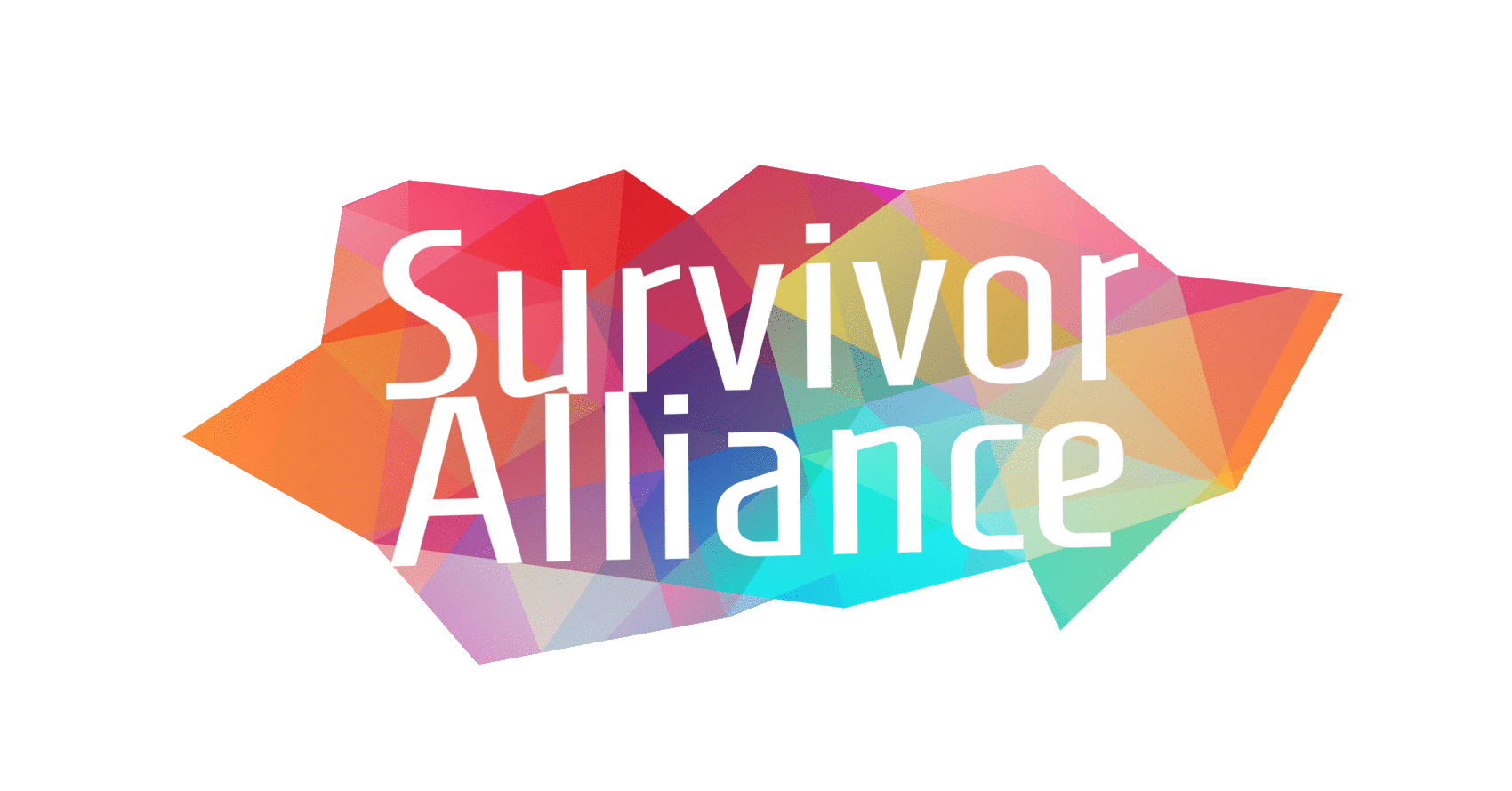Production of Knowledge/ Survivor Leadership in the Production of Knowledge: Reflections on Facilitating an Interactive Process - October 2024 (760 words)
As I reflect on the unique journey of developing the production of knowledge component, within the first-ever Action Plan for Survivor Leadership, there are memories I will keep with me forever. The deeply rooted commitment and courage embedded in conversations with fellow survivors offers a unique and priceless nuance to this reflection. It was this unique nuance of creativity and openness that enabled a brave space. It felt safe to bravely speak up about inequalities and confront structural barriers. Such openness was considered a fundamental element for acknowledging the challenges in the production of knowledge.
We often talk about safe spaces and their power to encourage openness and honesty when talking about structural challenges. During the sessions with survivors, we encouraged honesty for participants to voice their needs and concerns about structural changes for survivors to thrive in leadership roles and within the anti-trafficking movement.
Our collective journey of drafting our goals, actions, and demands, to shift the narratives in the context of the production of knowledge, began by recognizing the limitations imposed by traditional academic frameworks. In a world where knowledge typically gains credibility only within academia, we contested this narrow perspective through joined ideas for more inclusive approaches. We voiced the need for survivor-led research embedded in all of its processes of knowledge production, underlining that non-formal knowledge holds unique insights going beyond what scholarly papers capture and convey to the public.
What might now seem a structured document, with key goals and actions, the first drafts of the Action Plan were like an ocean filled with challenges, disappointments, and experiences of survivor leaders while navigating production of knowledge. We started to question whether the actual systems in place were useful for preventing human trafficking and raising awareness.
Graphic: Designed by Anxhela, showcasing an empowering narrative for survivors involved in the production of knowledge (bloom, loved, free, lived experience, and leader).
Through discussions on how the current production of knowledge is reflected in schools, academia, and media, we explored additional narratives and how helpful the involvement of survivors would be in all of these spheres of knowledge. Structural obstacles, including restricted access to educational resources and accreditation of survivor-led research and production of knowledge which is categorized by the current guidelines as non-formal, brought up discussions about the effectiveness of current knowledge patterns.
Survivors’ narratives on their experiences while navigating the production of knowledge emphasized a critical step to amplify survivor-led knowledge. This involves creating a virtual platform where survivors can engage in research and training together. You might wonder, how can survivors’ knowledge be taken into account, when their time and efforts are not compensated. Acknowledging survivors’ expertise and setting up structures that ensure that such compensations are fair, they contribute to the unbiased and just production of knowledge systems.
While exploring the barriers that hold survivors back from being involved in the production of knowledge, awareness raising through education and a standardized terminology for human trafficking was at the center of our discussions. Terminology has the power to influence research processes and to ensure that it is not disempowering or damaging survivors' role in leading and supporting the production of knowledge.
Alongside terminology and the impact it can have in the role that survivors have within the production of knowledge, media narratives on human trafficking and modern slavery have often portrayed survivors as helpless and with no power to influence change. Through interactive dialogues with survivors from across the world, we united in the belief that the time is now, to take control of our stories and our future. We are ready to pave new paths in how our stories are being told by reviewing existing best practice guides for interviews, documentaries, and other media communications involving survivors’ stories and creating new ones where necessary.
We are here to reshape and challenge traditional systems of knowledge production. We must bridge the gap between theory and knowledge that stems from lived experience, knowledge that derives from the depths of our hearts. Therefore, as survivors uniting together, we are demanding inclusive approaches to knowledge production, by encouraging and promoting non-formal methods of knowledge production. We believe that by embracing the power and importance of ethical storytelling and engaging with diverse communities, we can bring communities closer to life-saving knowledge and dismantle harmful narratives.
As we walk towards the future, hope, and strength prevail over the challenges and invisible barriers that have held survivors away from knowledge production. Our brave space and courage have shaken traditional structures and built a path for inclusion and diversity within the anti-trafficking movement.
~ Anxhela Bruci
Working Group Facilitator
Image Credit: Vidushi Yadav


